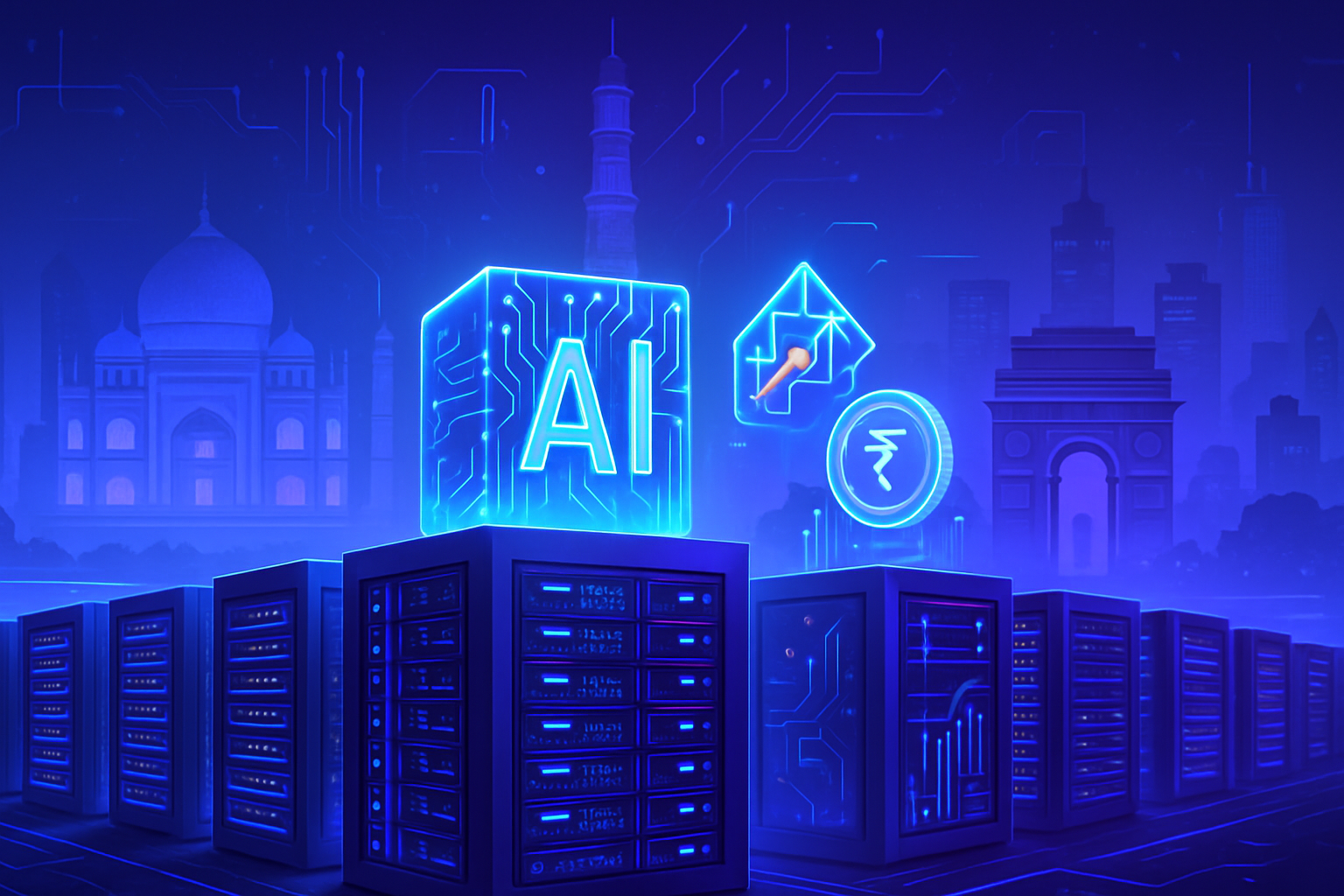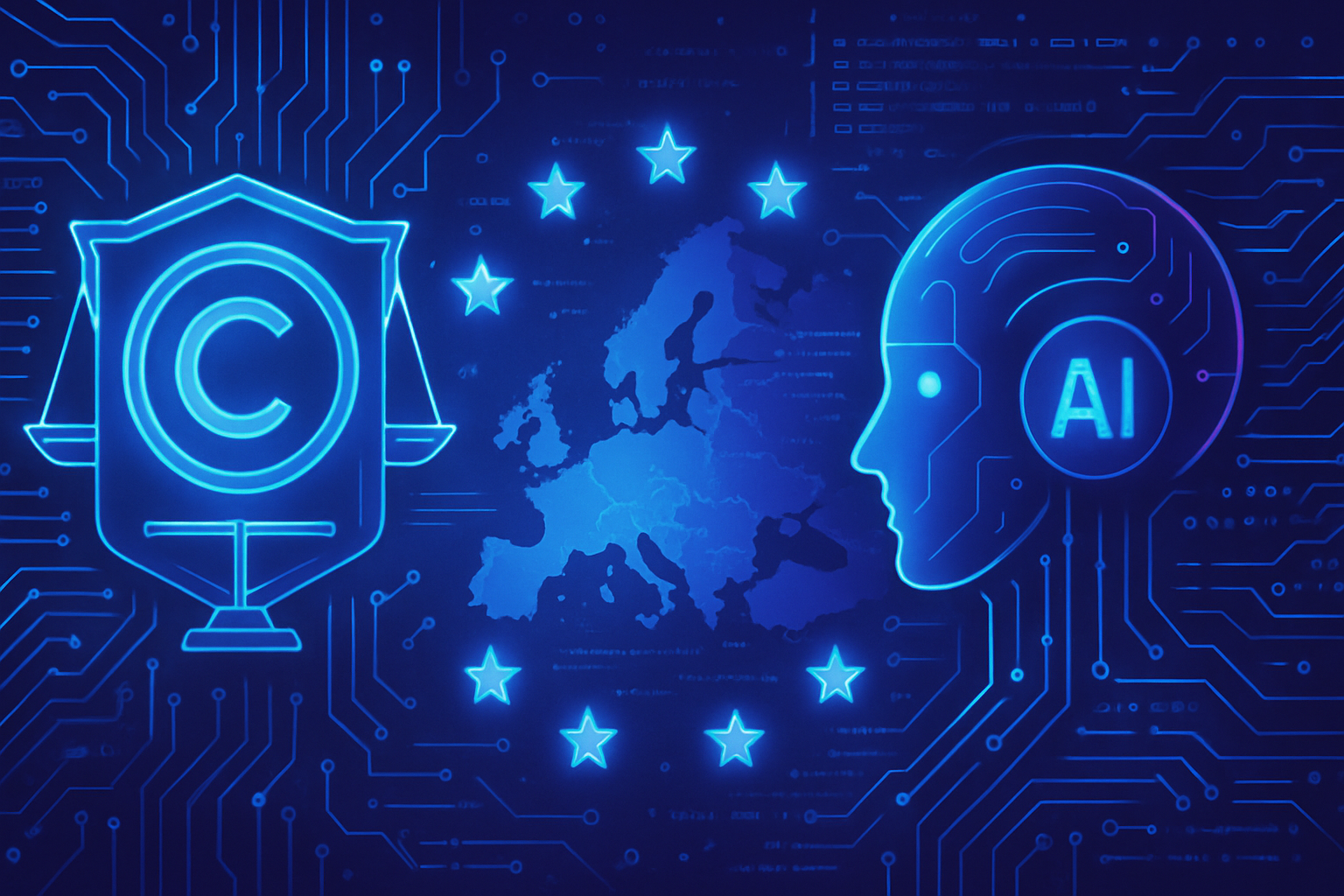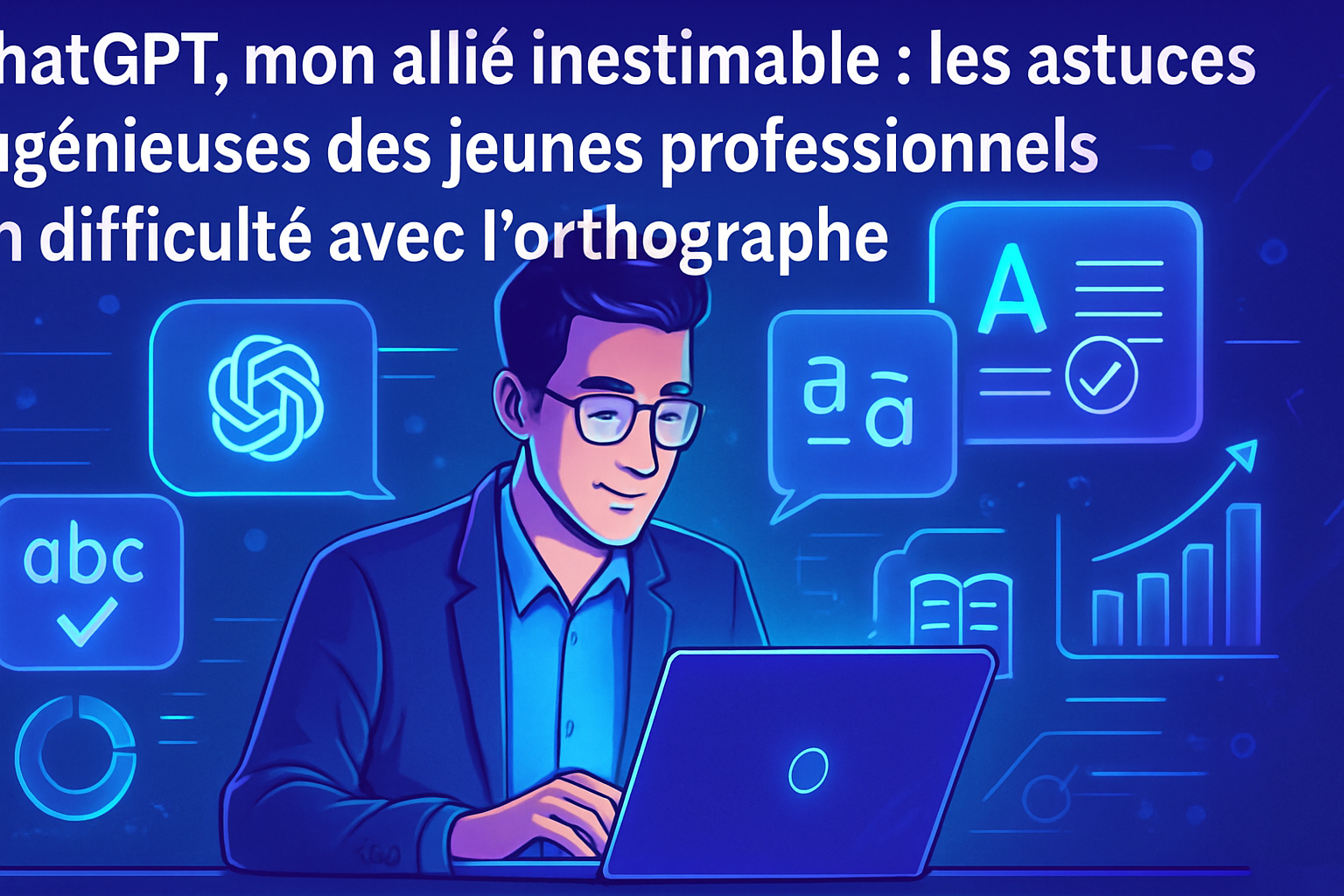The future of advertising is boldly taking shape under Zuckerberg’s leadership. His vision of a ubiquitous AI in the advertising process promises to redefine established norms. Meta envisions a horizon where creativity gives way to sophisticated algorithms, and where targeting is accomplished without human intervention. Businesses will no longer need demographic data or creative agencies to achieve their marketing goals. The anticipated advancements pave the way for a radical transformation of current advertising dynamics. This innovation could very well mark the beginning of a new era in the industry.
The Revolution of Advertising through AI
Mark Zuckerberg, CEO of Meta, proposes a bold vision to transform the advertising industry. According to him, artificial intelligence could take charge of every step of the advertising process, from creation to audience analysis. In an interview with Ben Thompson from Stratechery, he outlined how Meta plans to completely optimize this sector.
Automation of the Advertising Process
Zuckerberg anticipates a future where businesses will only need to express their advertising goal. By connecting to their bank accounts, they will no longer require creatives or demographic data. Meta promises to manage the creation of visuals and advertising texts through AI, while targeting the right audiences without human intervention.
Management of Ad Creation
This revolutionary approach would allow Meta to generate photos and videos of products, as well as tailored advertising texts. Automation could thus become the key element of modern marketing. Once an ad is successful, Meta commits to amplifying and massively distributing it, encouraging consumers to directly acquire products through its tools.
Meta’s Investments in AI
Meta is ramping up its investments in AI-based advertising products. Over the last quarter, the company implemented a new recommendation model for Reels, increasing conversion rates by five percent. Currently, more than 30% of Meta’s clients use AI tools to create content.
Improvements to Recommendation Systems
Zuckerberg also highlighted that improvements made to recommendation systems have resulted in a significant increase in time spent on platforms. Engagement times on Facebook, Instagram, and Threads have risen by seven, six, and 35% respectively. These advancements illustrate the potential of AI to transform online interactions.
The Future with Meta AI
Zuckerberg also mentions the upcoming integration of advertising into Meta AI, which will have a paid model. This enhanced version will promise greater processing power and faster response times, reflecting the company’s commitment to innovation. Currently, Meta AI is free, but its future paid version may expand its functionalities.
The stakes surrounding these changes are considerable. The mass adoption of this technology could not only redefine the advertising landscape but also challenge traditional creative roles. The consequences of this transition on the industry remain to be seen, but the implications already seem evident.
Questions and Answers about the End of the Advertising Industry and Zuckerberg’s Plan
How could Meta’s AI transform the advertising industry?
According to Mark Zuckerberg, AI could revolutionize the advertising method by taking charge of the entire process, from creating ads to analyzing targeted audiences, thus allowing businesses to focus solely on their objectives.
What are the main features of Meta’s new advertising AI?
The new AI allows for the generation of photos and videos of products, writing advertising texts, disseminating these ads to an audience selected by the AI, and evaluating their effectiveness without human intervention.
Will businesses still need to hire creatives for their ads?
No, with the advancements in Meta’s AI, businesses can set their goals without needing creators or demographic data, thereby simplifying the advertising process.
What impact has Meta’s advertising AI had on conversion rates?
Meta has observed a 5% increase in conversion rates thanks to a newly implemented recommendation model, underscoring the effectiveness of AI in advertising.
Can we expect a paid option for Meta’s AI in the near future?
Yes, Zuckerberg mentioned that a paid version of Meta AI could be introduced, offering more computing power and faster response times, which would enhance the user experience.
What results have been observed due to the improvement of Meta’s recommendation systems?
In the past six months, Meta has detected a 7% increase in time spent on Facebook, 6% on Instagram, and 35% on Threads, demonstrating the increased effectiveness of its AI systems.
How can users leverage Meta’s advertising AI for their businesses?
Users can utilize Meta’s AI tools to generate advertising content, target audiences precisely, and analyze results, allowing them to maximize the impact of their advertising campaigns.






